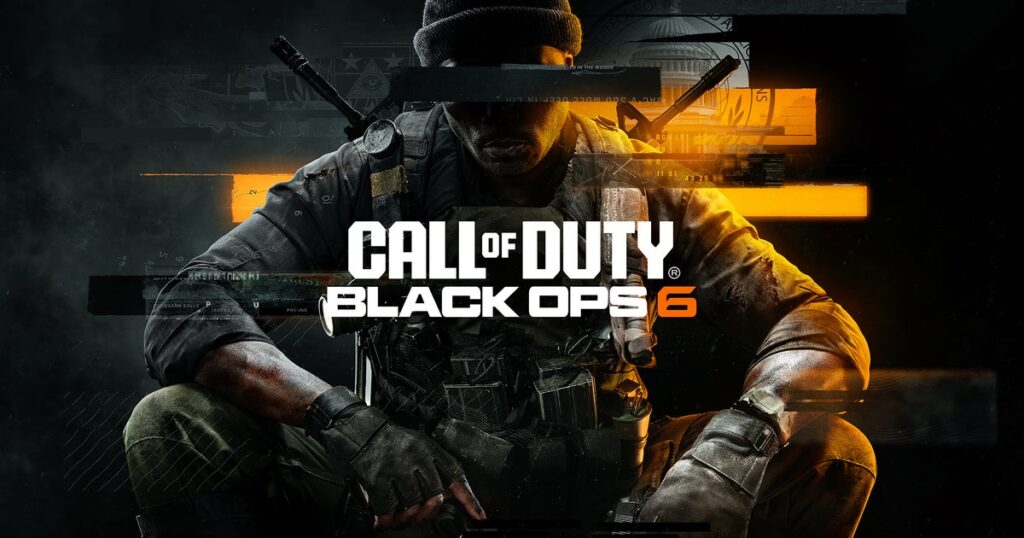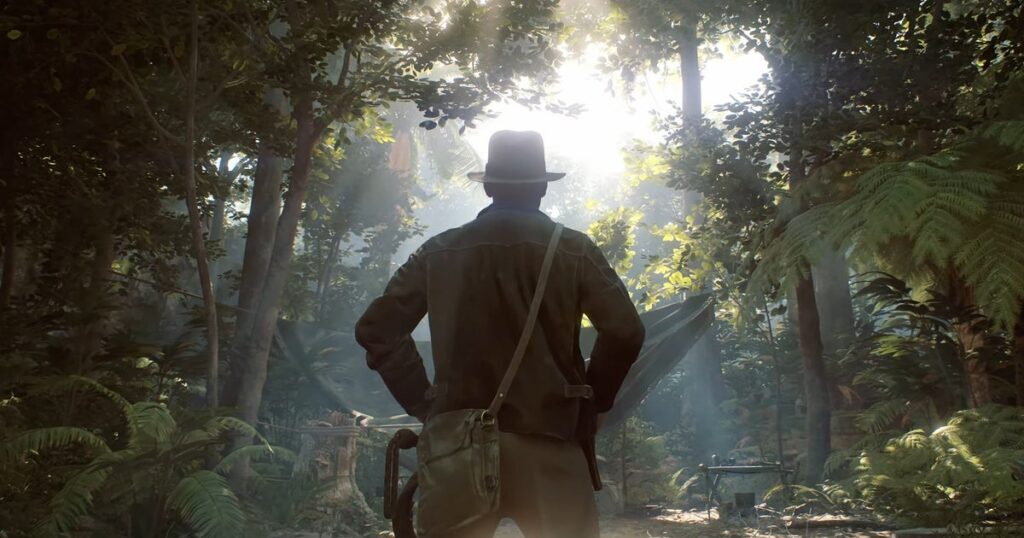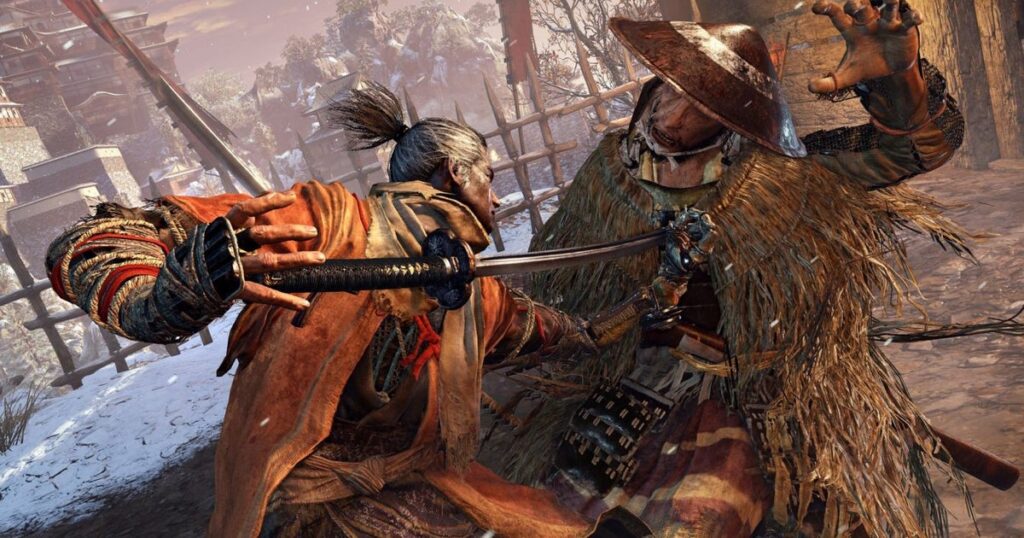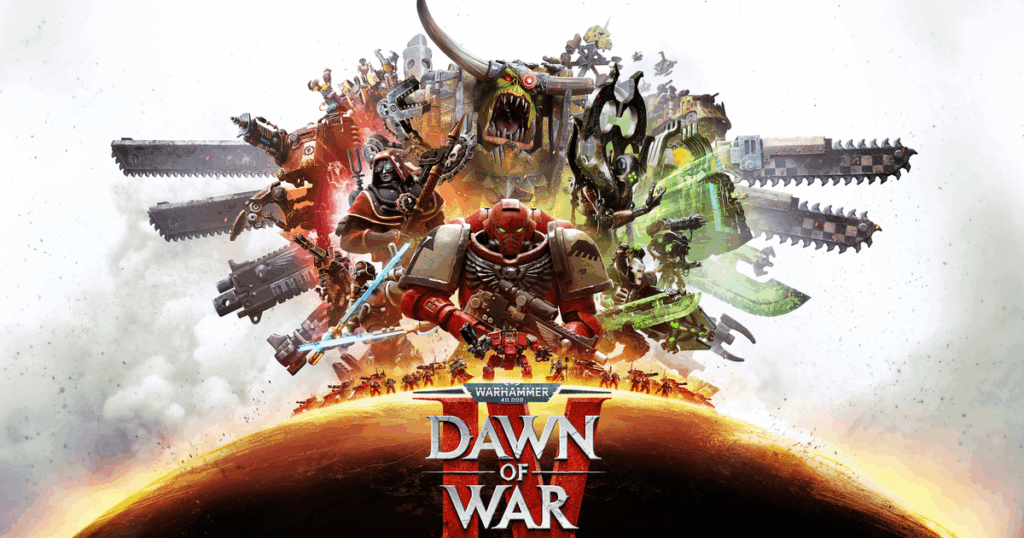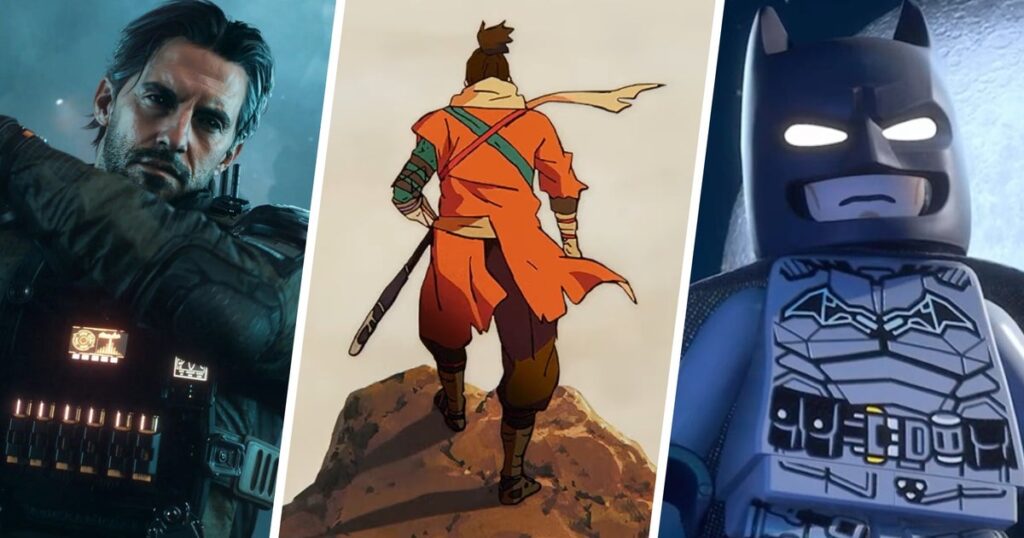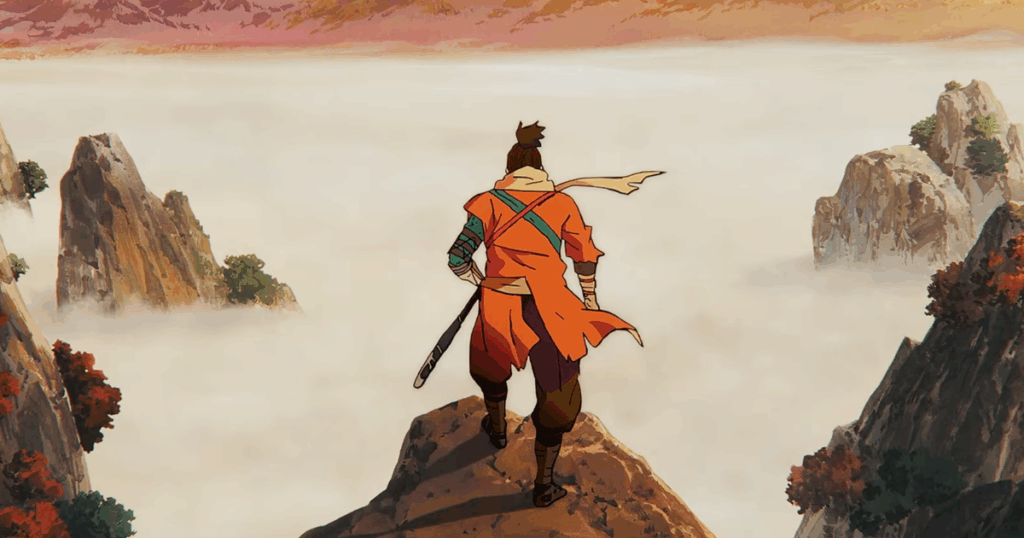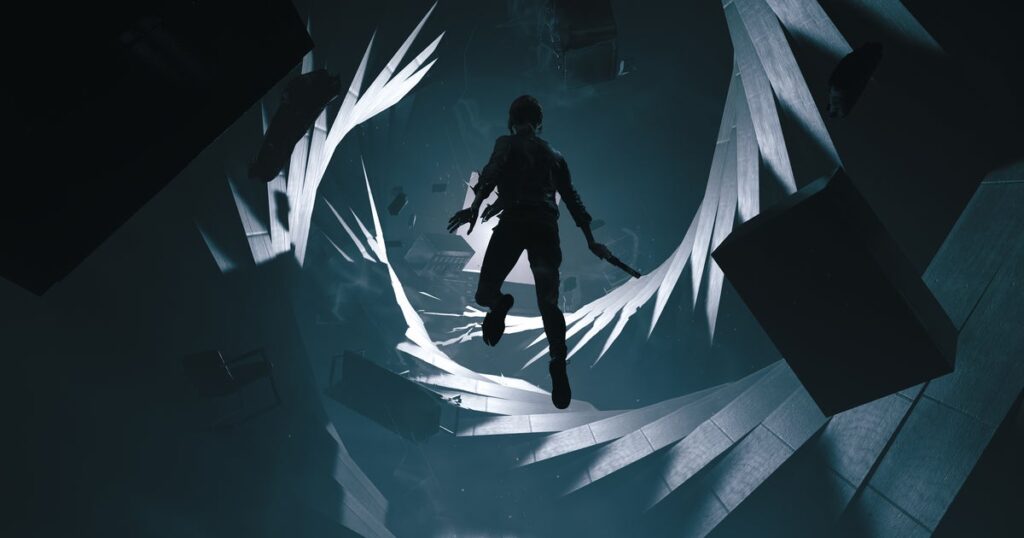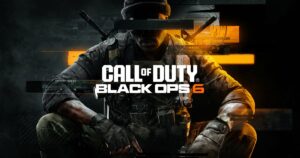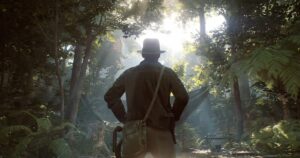Eight years after the release of the audacious, but ill-fated Warhammer 40,000: Dawn of War 3, we finally have a sequel. Dawn of War 4 is coming, with a slated release of some time in 2026. Only it’s not coming from the original developer Relic; instead German studio KING Art Games is at the helm.
The news comes via gamescom’s Opening Night Live, where we got a nice new CGI trailer to show off the reveal. It’s a promising one – nothing on that legendary Dawn of War 3 trailer, mind, though that was an all-timer (and arguably turned out to be one of the highlights of that game’s lifespan, sadly).
Still, this is massive news for fellow RTS nerds, and follows on very nicely from the release of Dawn of War: Definitive Edition, the tidy remaster from original studio Relic, which arrived just last week.
There’s also reason to be optimistic here, despite the change in developer. Strategy heads might recognise KING Art Games as the studio behind 2020’s Iron Harvest, a cult hit real-time strategy game featuring, amongst other things, concentrated infantry units, a bit of base-building, and some pretty 40K-coded armoured walker units.
On top of that, KING Art’s made a lot of very encouraging noises here for long-time Dawn of War fans. The game will feature “a return to the franchise’s roots,” with the focus heavily centred on the first Dawn of War game and its expansions.
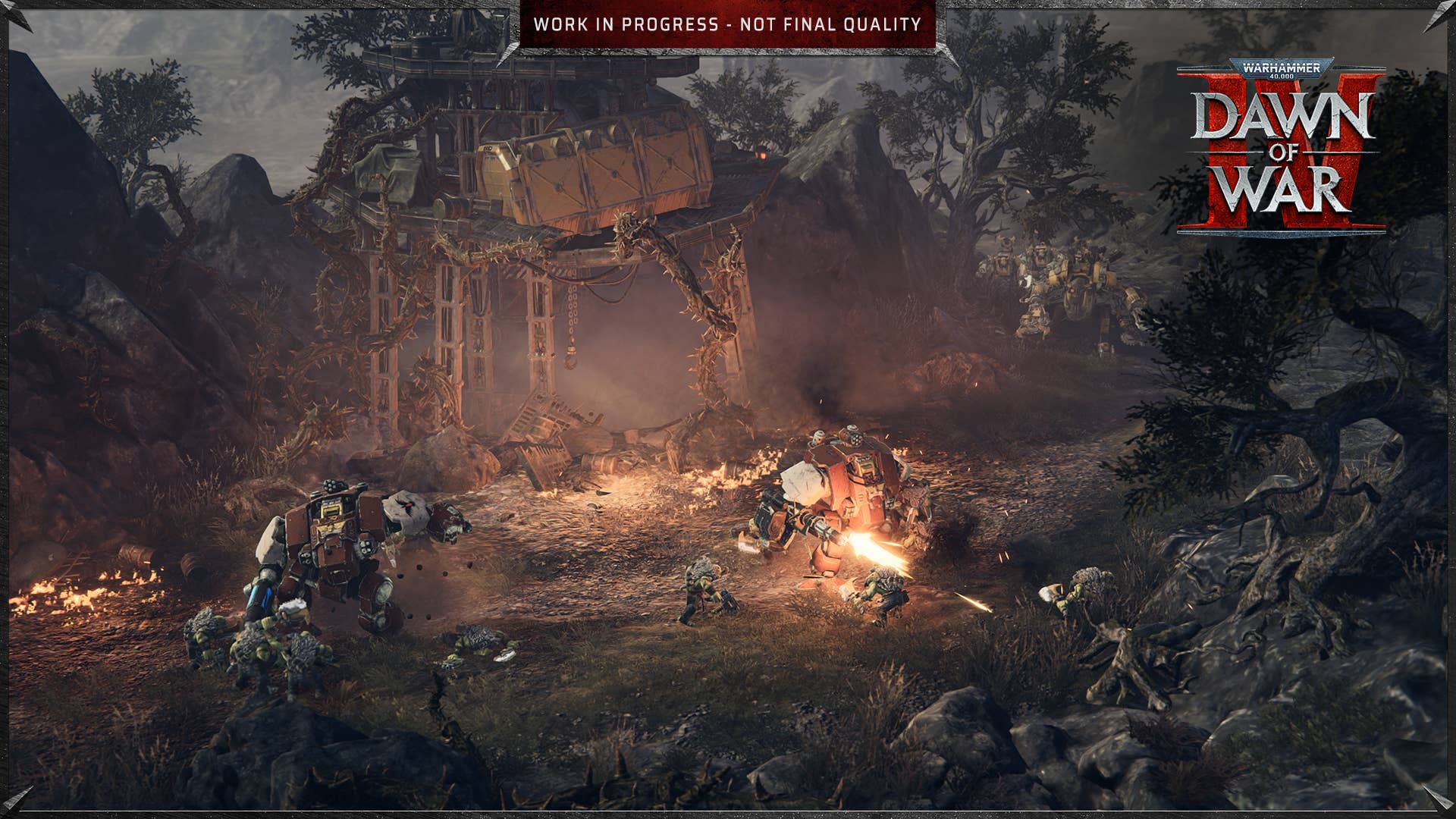
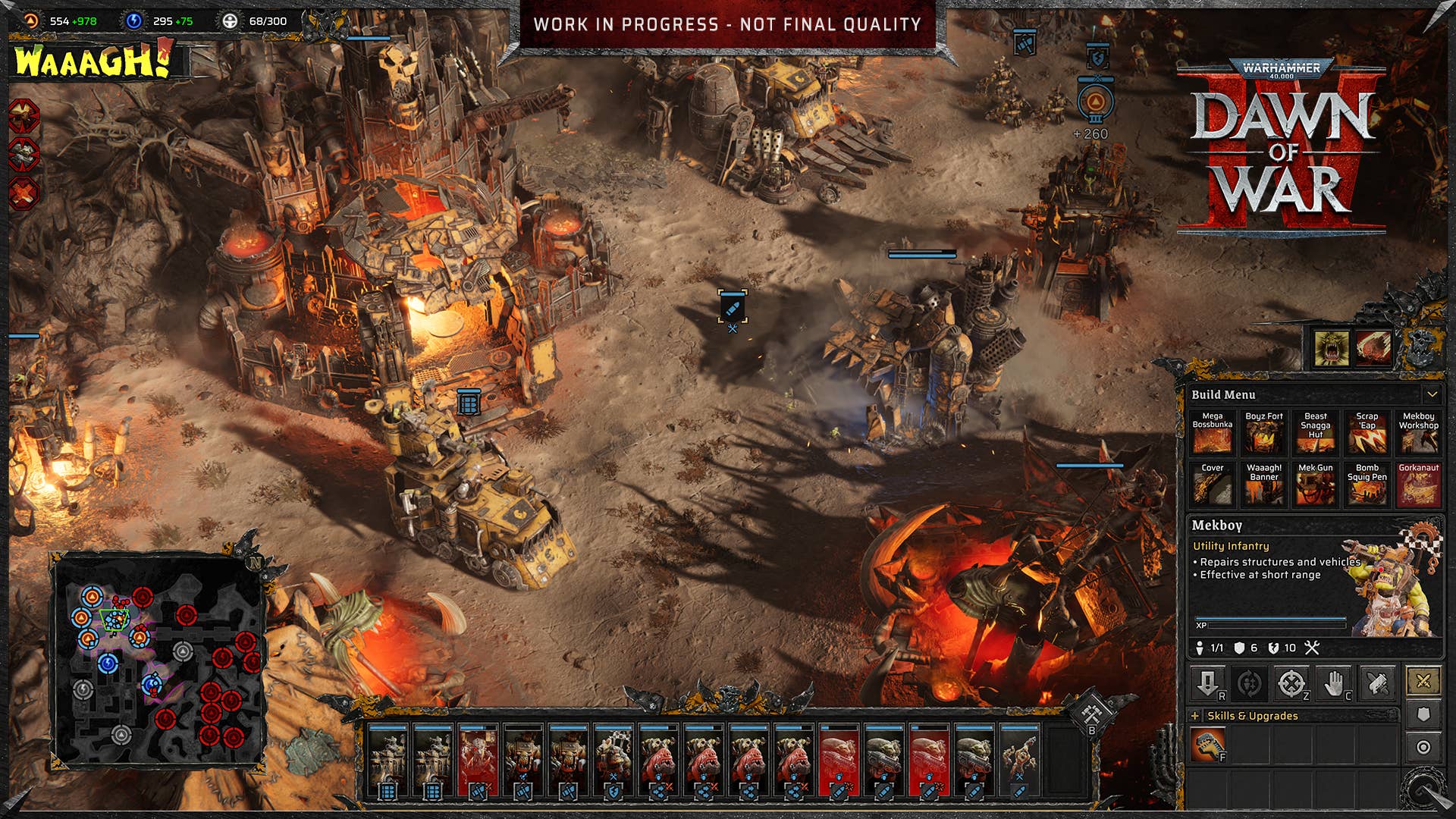
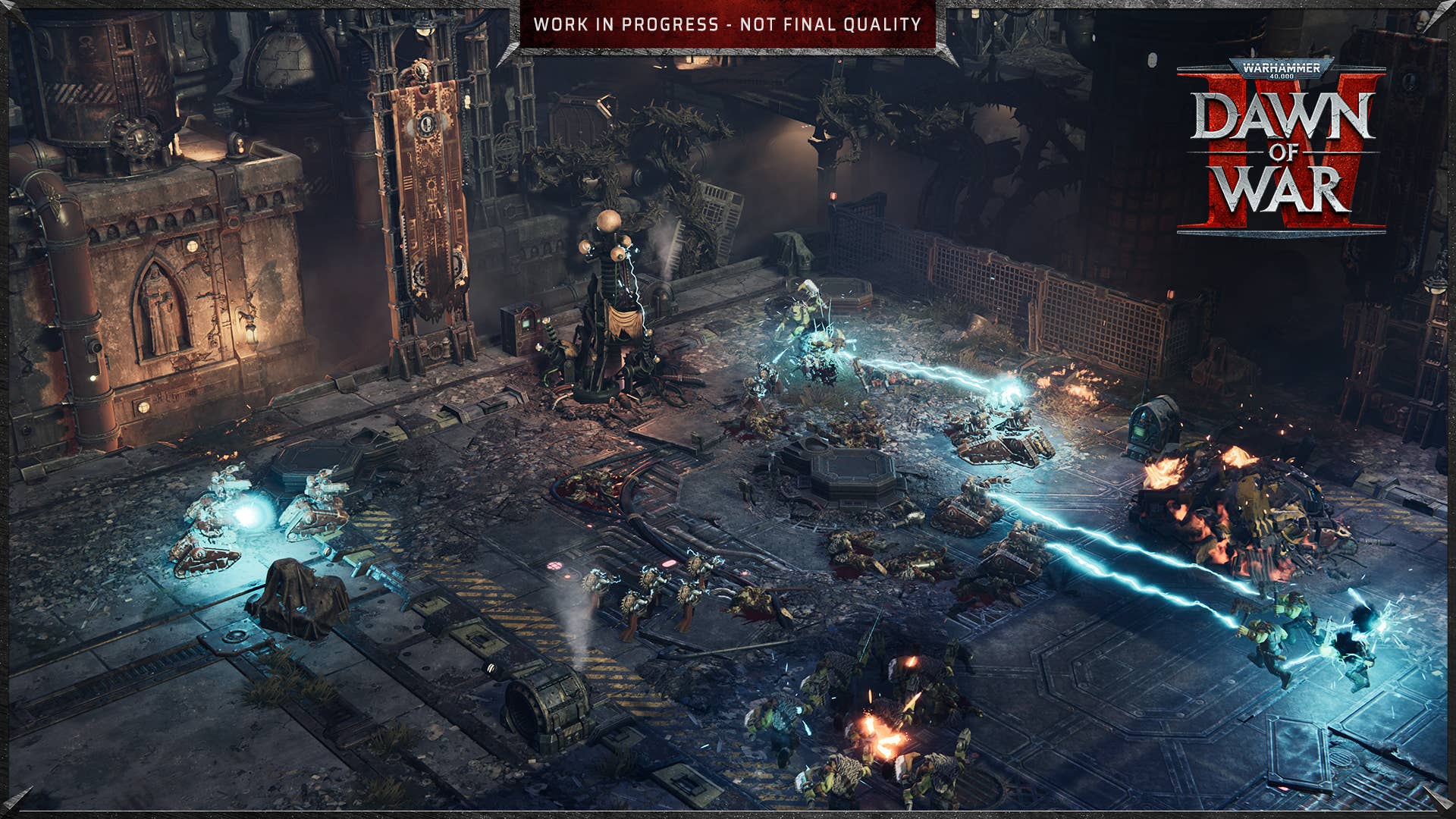
Base-building, for instance, returns here in full force, after disappearing entirely in the more tactical Dawn of War 2 and fast-paced Dawn of War 3. Think requisition points, power nodes, turrets and Waaagh! banners. KING Art reckons this’ll be the “biggest Dawn of War at launch”, at least in terms of factions and distinct elements: the Space Marines, Orks, Necrons, and first-time-appearing Adeptus Mechanicus mark the four available at launch, which bring a total of more than 10 playable commanders, 110 units and buildings, and of course an in-game editor and army painter.
There’ll be a four-part campaign – one for each of those four factions – that also takes place on Kronus, which fans will recognise as the host planet from the campaign of the brilliant Dark Crusade expansion to the original Dawn of War. The events here take place about 200 years later, with returning characters including classic Ork boss Gorgutz and Space Marine psyker Jonah Orion, who marks one of the only nods to DoW 3. Author John French, who’s contributed dozens of entries to 40K’s Black Library novels, has also come on board to write the campaign, which KING Art boasts will have more than 40 minutes of cutscenes and some “non-linear and optional elements,” designed for replayability.
Alongside the campaign there’s a nice big range of modes coming at launch too, in standard skirmish matches, co-op and competitive multiplayer, plus a return of Dawn of War 2’s beloved Last Stand mode – effectively a horde-based survival challenge where you hold out against waves of enemies.
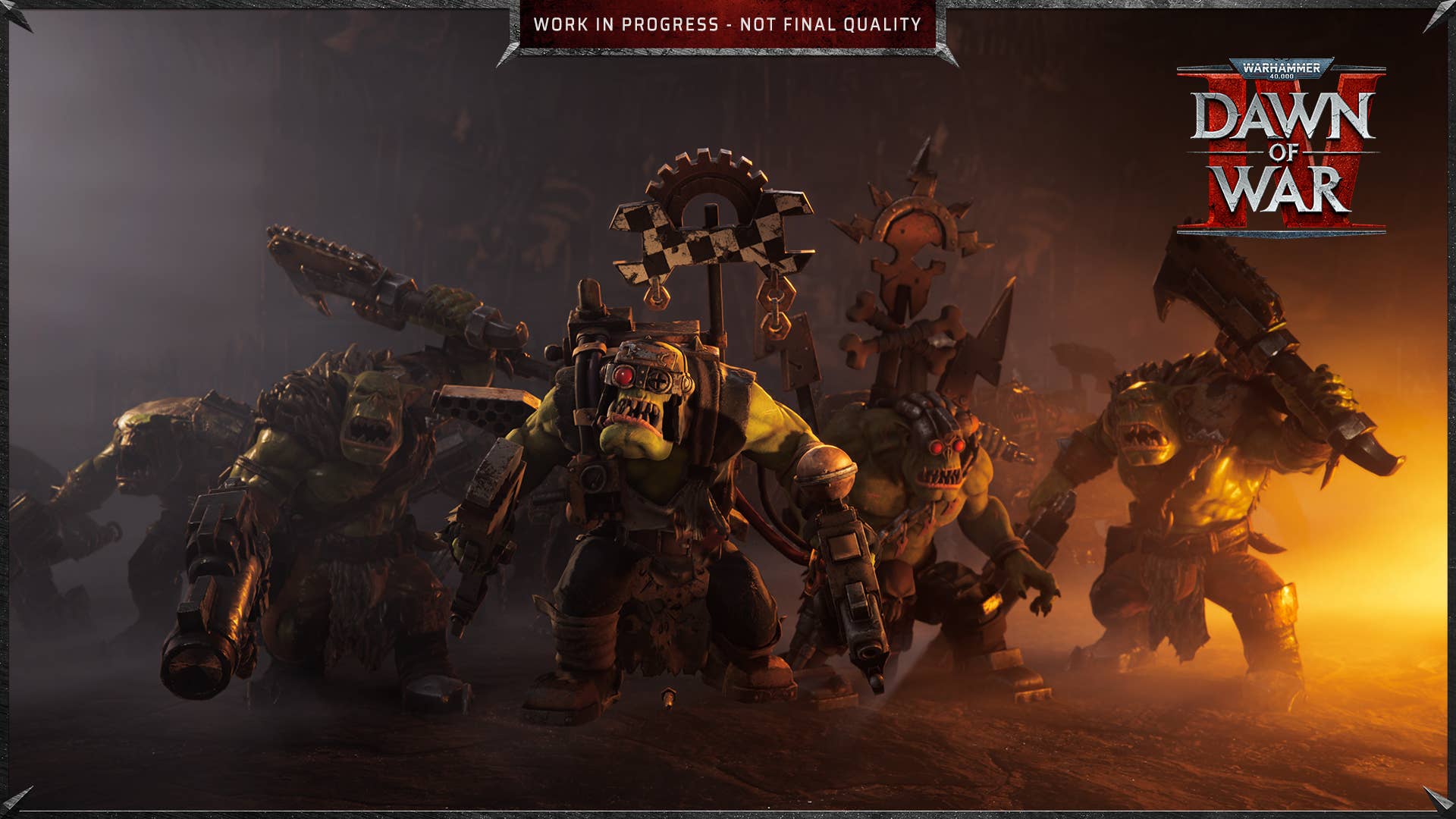
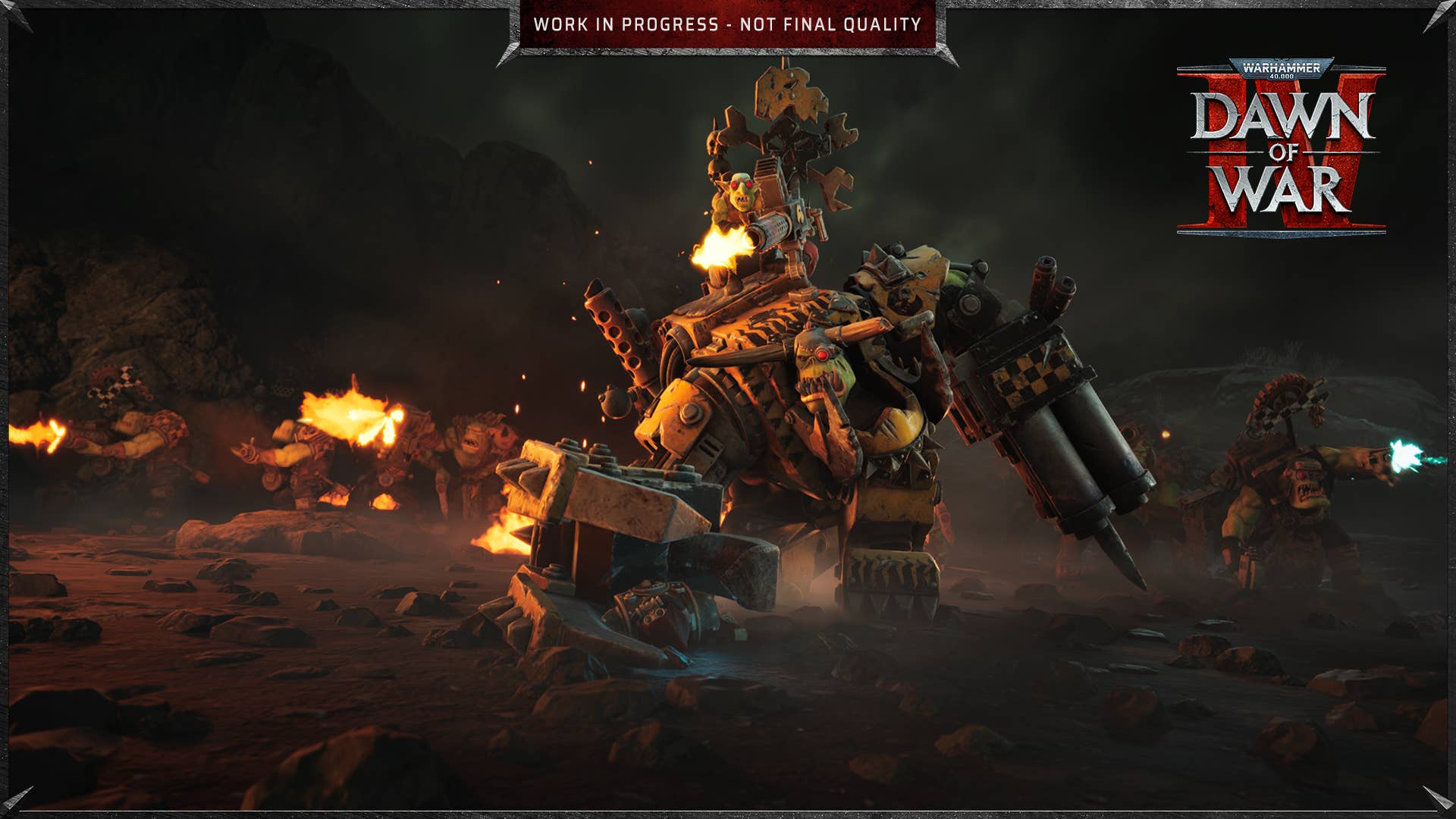
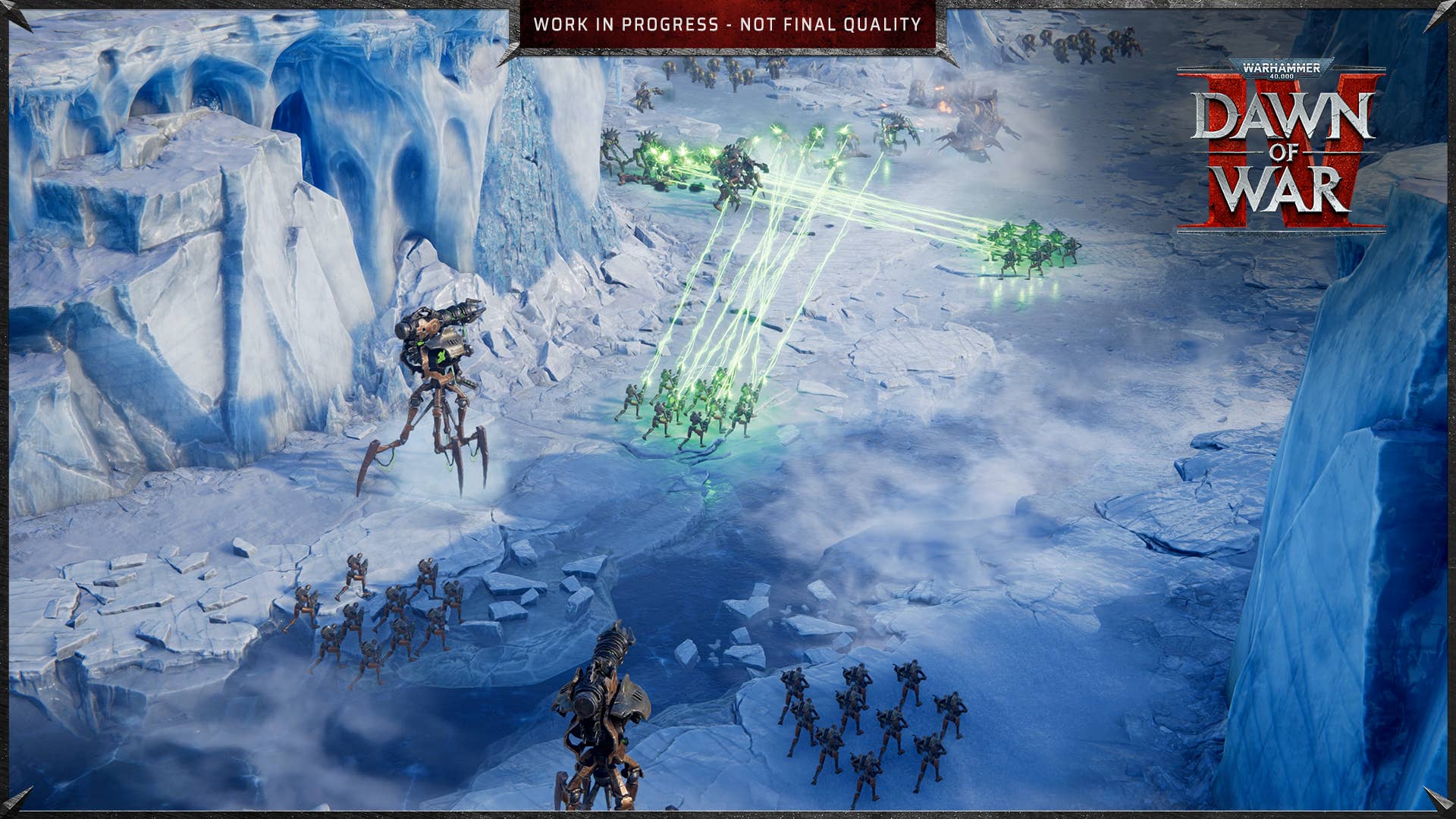
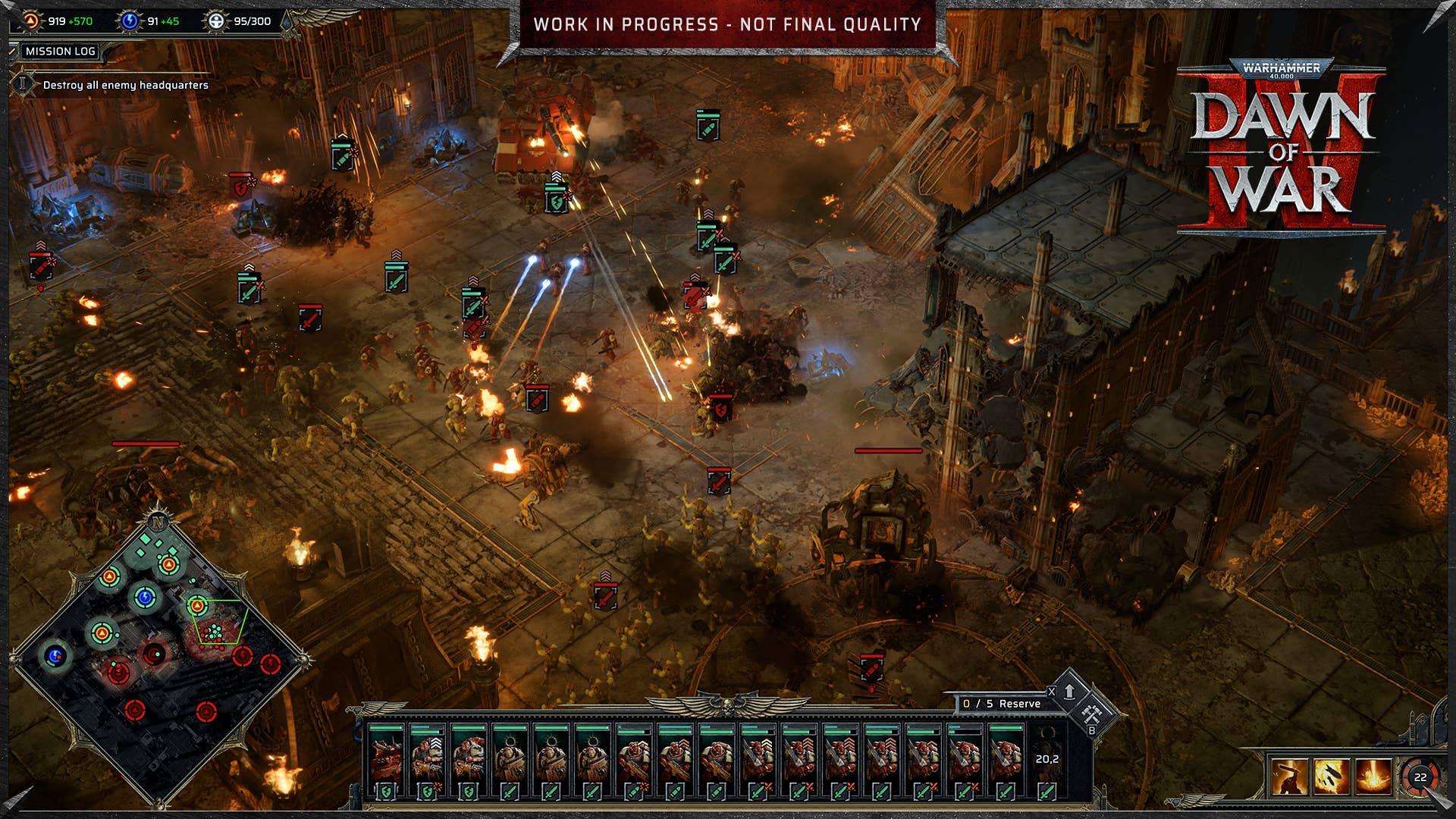
Amongst all this there’s also one new, genuinely interesting addition, in something KING Art calls the “combat director”. This is essentially an animation system that’s been created by the studio, whereby every single unit will lock onto an enemy unit when in melee, for properly synched-up fighting animations – so rather than units swinging at the air as is the norm for an RTS, instead each one is directly fighting with another in a properly choreographed way. I’m curious about how much that impacts the more hardcore end of the strategy spectrum, where micro-managing units in and out of combat becomes essential and, for some, fancy animations can annoy. But wow does it look impressive in what we briefly saw so far.
All-in-all, it’s a mighty promising reveal. Though also one that maybe comes tinged with a little sadness for old-school RTS fans. It’s a shame to see this franchise away from Relic, one of the all-time greats of the genre that went on a brilliant run of releasing the first two Homeworld games, the original Dawn of War and two of its three expansions, and the first Company of Heroes in the space of about seven years.
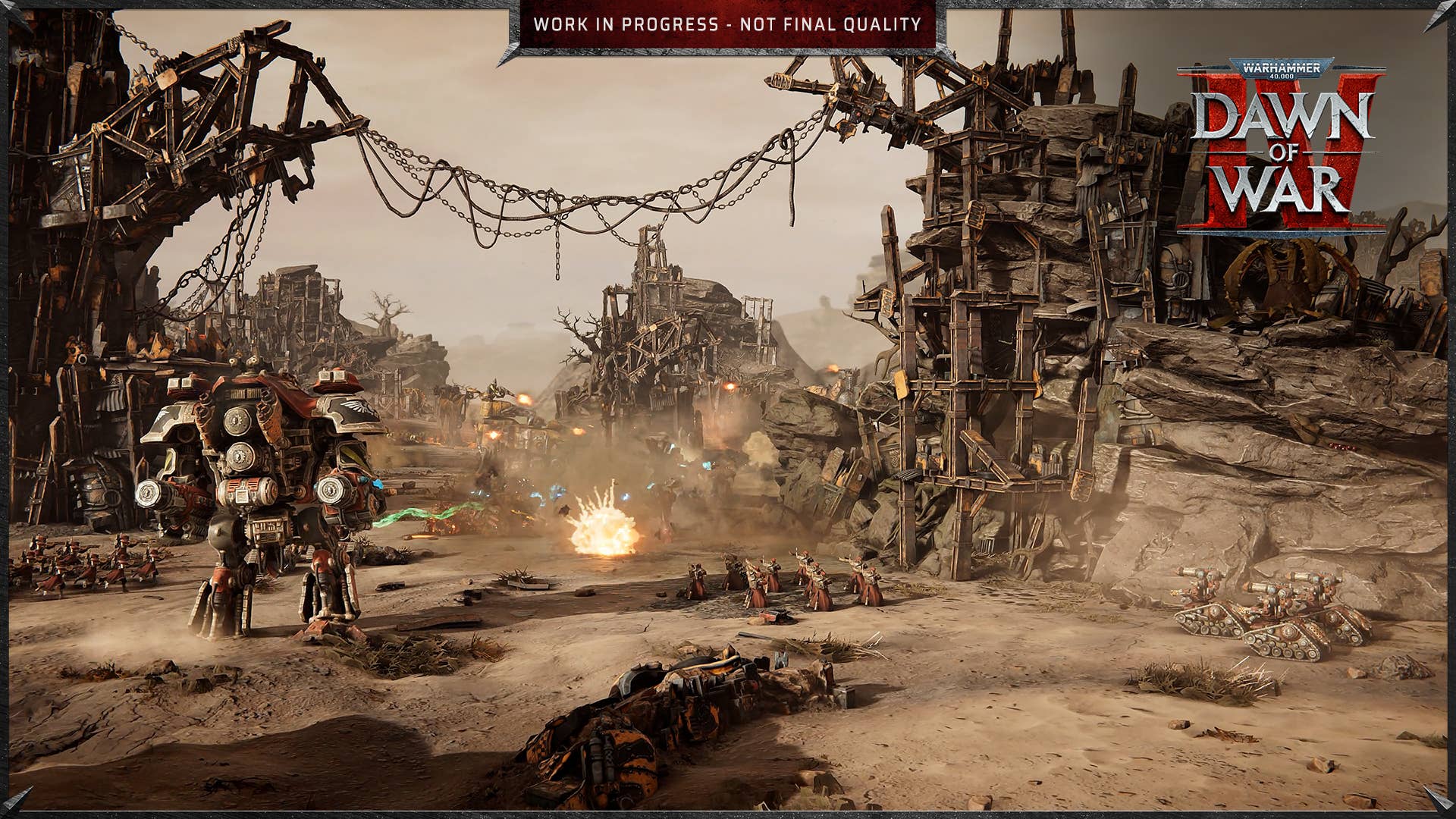
As much as I personally admired the leap of faith the studio took with trying something new in Dawn of War 3, the idea of mixing MOBA elements – then the world’s biggest genre by some stretch – with classic real-time strategy was probably always doomed to fail when it came to converting old strategy fans. For them – and for myself too – the “return to the roots” approach here will likely be very welcome.

